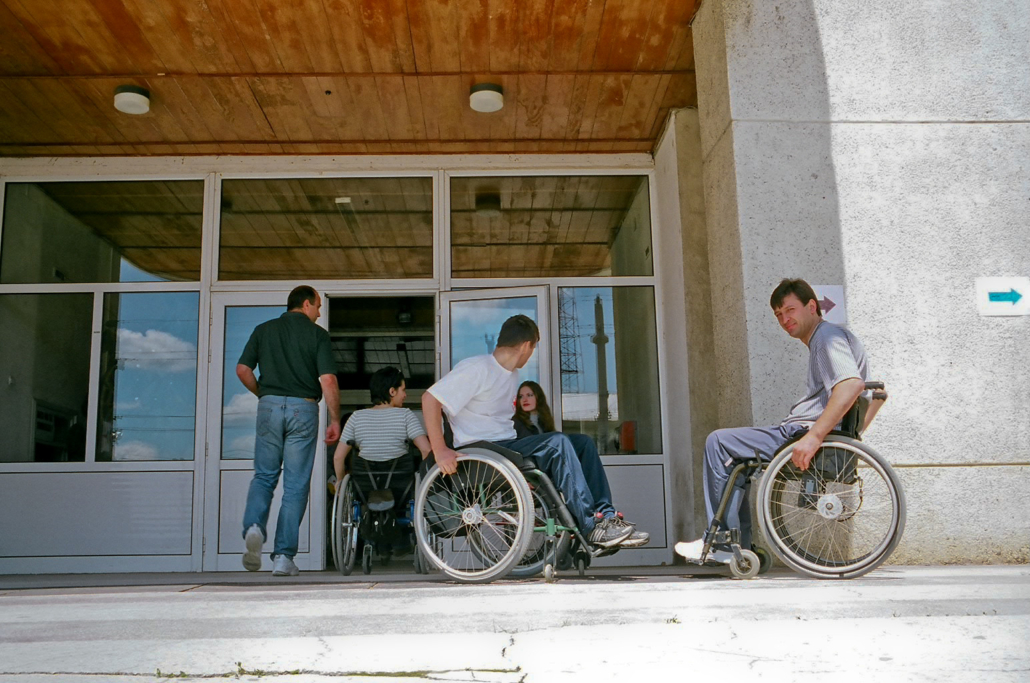Disability and Poverty in Bosnia and Herzegovina

War and genocide have caused stagnation in the development of social welfare policies in Bosnia and Herzegovina. As a result, concerns regarding disability and poverty in Bosnia and Herzegovina remain highly neglected by the country’s separate entities. While certain USAID programs have worked to improve the accessibility of public spaces for people with disabilities (PWDs) in Bosnia and Herzegovina, little has been done to target the reduction of unemployment and poverty. Institutions must set in motion the provision of effective education and training to PWDs as a solution to systemic disability inequality in Bosnia and Herzegovina.
Social Exclusion and Marginalization
In 2010, Bosnia and Herzegovina ratified the UN Convention on the Rights of Persons with Disabilities as a preliminary obligation in the commitment to reduce the relationship between disability and poverty in the country. More than 350,000 of the 569,000 PWDs in Bosnia and Herzegovina registered themselves as unemployed in 2017. This, therefore, indicates that, despite initial efforts made by the state, PWDs still face extreme social and economic marginalization. Stereotyping and social stigmatization by employers and employees lead to the exclusion of people with learning and physical disabilities from the labor market, making PWDs the most disadvantaged social group by unemployment in Bosnia and Herzegovina. They become trapped in a cycle of poverty, leading to poor access to housing, health care and education.
The discrimination that interconnects disability and poverty in Bosnia and Herzegovina manifests in several ways. Architectural design in most Bosnian towns and villages hinders workplace accessibility for those with physical disabilities. Only in populated, urban areas, such as Sarajevo, will there be a handful of companies that adhere to the requirement of employing one person with a disability per several employees. In a similar vein, people with learning disabilities lack the opportunity to acquire the skills needed to participate in the economy and live independently. Instead, they are, at large, placed in institutions where patient abuse by staff is rife.
Regulatory Frameworks
The lack of cohesion in legislation regarding disability and poverty in Bosnia and Herzegovina hinders PWDs from realizing their rights and breaking the poverty cycle. The country is divided into two entities, the Federation of Bosnia and Herzegovina (FBiH) and Republika Srpska. Each has its own legislature, but the FBiH faces a deeper legal integration issue due to its 10 cantons. Any new legal document must gain approval from each individual canton, making progress toward the equality of opportunity for PWDs slow and incoherent.
This, coupled with the stigmatization that leads to the institutionalization and maltreatment of PWDs by employers and caretakers, indicates a need for stronger enforcement measures across the whole of Bosnia and Herzegovina regarding the right to work for PWDs. In addition, the nation needs further funding for training and education programs by the state and foreign development programs.
Creating programs that aim to incorporate PWDs into the workforce in Bosnia and Herzegovina reduces the abhorrent conditions of poverty. It also benefits the country by reducing the overall unemployment rate, therefore enabling more consumers to participate in the economy.
Breaking the Cycle with Cybersecurity
This year, the U.S. Embassy in Bosnia and Herzegovina advertised a funding opportunity for a program intending to train PWDs for jobs in cybersecurity. Non-governmental organizations, civil society organizations and educational institutions are all eligible to apply and help provide PWDs with valuable, transferable skills in the nation’s underdeveloped field of cybersecurity. The devisers of the program are seeking $250,000 for the total award for the successful recipient organization. The organization will then use the award to provide all the teaching, coaching and certification for the PWDs.
Developing programs like this aids the fight against the age-old marginalization of people who want to enter the workforce but are prevented from doing so due to their physical or learning disabilities. More funding from foreign aid development programs, in tandem with coherent social welfare policies, is needed to break up the relationship between disability and poverty in Bosnia and Herzegovina once and for all.
– Zara Brown
Photo: Flickr
